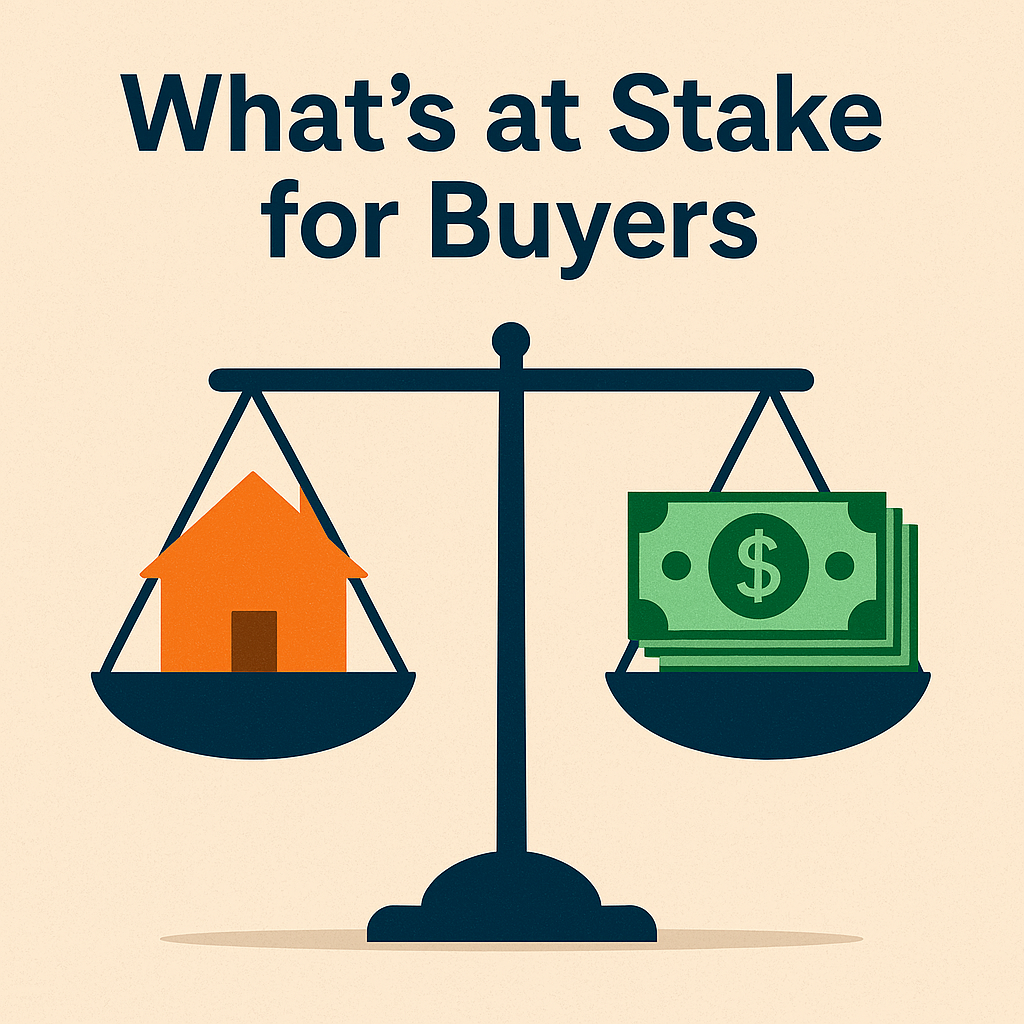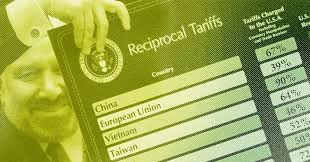Trump Tariffs Tech Prices: The Silent War Reshaping Global Innovation
In 2025, the U.S. administration enacted one of the most aggressive tariff expansions in decades:
- Up to 125% on key Chinese imports
- 10% across-the-board global tariff
- New rules targeting semiconductor and AI sectors
While consumer-facing products like smartphones and laptops were given a temporary pass (as noted in our analysis of Trump’s tariff exemptions), the long-term outlook is anything but stable.
Behind closed doors, companies are preparing for broader, more strategic tariffs that could drastically alter component sourcing, pricing, and product development cycles.
So why the silence?
Silicon Valley’s Quiet Lobby
The silence isn’t inaction—it’s strategy.
Rather than blast trade policy on social media or issue fiery public statements, most tech CEOs have opted for private diplomacy. They’re working the backchannels, meeting with policymakers, and using lobbyists to carve out industry-specific exemptions.
Why? Because they know the stakes. In this environment, public criticism could backfire, cutting off access to the very decision-makers who control tariff exemptions and enforcement mechanisms.
As we’ve seen in cases like the GPU tariff confusion affecting AI rollouts, the companies that operate quietly are often better positioned to react and adapt.
Public Silence, Private Panic
Internally, however, the panic is real. Executives at companies like Apple, Nvidia, and Meta are reportedly:
- Delaying product launches
- Reassessing pricing models
- Accelerating non-China supply chain development
- Freezing hiring for hardware divisions
This isn’t just about cost. It’s about reliability. The threat of sudden tariffs makes it nearly impossible for finance and ops teams to budget effectively.
As one insider said:
“We’re walking a tightrope every week. Today’s exemption is tomorrow’s tariff.”
The Elon Musk Exception
One tech titan has broken ranks with public silence: Elon Musk. The CEO of Tesla and SpaceX has openly criticized tariffs and even clashed with Trump’s trade advisors over the issue.
But Musk is the exception—not the rule.
Unlike his peers, Musk’s brand thrives on confrontation and chaos. Most tech leaders have chosen to avoid the spotlight, preferring to keep investors calm and avoid politicizing their brands in an already volatile market.
The Risk of Saying Nothing
While staying quiet may serve short-term interests, it raises long-term questions:
- Will tech lose influence over future trade policy by refusing to speak up?
- Does public silence undermine trust with customers and employees?
- Could lack of transparency backfire if supply chain disruptions worsen?
The risk isn’t just reputational—it’s strategic. If tech leaders are absent from the public policy conversation, others—often less informed about innovation—will write the rules for them.
This is especially dangerous as the government begins to tie national security concerns to digital infrastructure, AI development, and even app ecosystems, as noted in our coverage on Chinese tech restrictions.
Consumer Impact: What’s at Stake for Buyers

The ripple effects of tariffs, and the tech industry’s muted response, are already being felt by consumers:
- Prices are rising for hardware and peripherals not covered under exemptions
- Refurbished markets and secondhand demand are growing
- Product cycles are lengthening, meaning fewer exciting innovations on shelves
We predict a surge in:
- Buy-now-pay-later adoption for premium devices
- Subscription-based hardware programs
- Extended warranty and repair services as consumers try to prolong device lifespan
The future of tech isn’t just shaped in boardrooms anymore—it’s shaped by international trade policy. And the absence of vocal tech leaders in that debate may make it harder for consumers to get affordable, accessible, and future-ready devices.
Is This the New Normal?
Strategic silence may work in 2025, but it sets a troubling precedent. Are we entering an era where corporate diplomacy happens entirely behind closed doors?
That model may keep earnings reports clean, but it raises concerns about accountability, transparency, and the role of tech in civic leadership.
If CEOs only speak out when their margins are at risk—but stay silent on issues like tariffs, environmental impacts, or labor conditions—then public trust in Big Tech could continue to erode.
What Techestateempire Predicts
Looking forward, Techestateempire sees three likely shifts:
- Trump tariffs tech prices will broaden, impacting servers, chipsets, and cloud infrastructure
- Scrutiny of CEO silence will increase, especially amid geopolitical tensions
- Only deep-pocketed firms will be able to shift manufacturing onshore
Silence may win short-term battles, but it weakens long-term positioning.
Final Thoughts
The silence of major tech CEOs in the face of sweeping tariff reforms is more than just a PR strategy—it’s a signal of how fragile the relationship between Big Tech and government has become. In choosing not to speak publicly, these leaders are prioritizing behind-the-scenes diplomacy over transparency, a tactic that may protect short-term business interests but carries long-term consequences for the industry and its stakeholders.
At Techestateempire, we see this moment as a litmus test for tech leadership. The industry has historically positioned itself as a force for progress, innovation, and global connectivity. Yet in one of the most defining policy shifts of the decade—one that directly impacts global supply chains, consumer pricing, and digital infrastructure—the loudest voices in tech have opted for silence instead of leadership.
This absence of public engagement creates a vacuum, one that can be filled by misinformation, political rhetoric, or reactionary policy. When tech leaders don’t advocate for their industries and users in public forums, they forfeit the chance to shape the narrative—and ultimately, the rules.
More critically, this silence risks undermining the public’s trust in the industry. Consumers are seeing higher prices, longer product delays, and fewer innovation cycles, yet hearing little to no explanation from the companies they support. That disconnect could become a reputational liability, especially at a time when consumer confidence is already strained by inflation and economic uncertainty.
We’re also witnessing a dangerous trend: tariffs becoming the new regulatory playbook for digital infrastructure. From GPUs and chips to cloud services and consumer electronics, trade policy is being used to control the flow of innovation as much as it is to protect economic interests. If tech companies continue to sit out of these discussions, they risk losing not only influence—but autonomy.
In the long run, strategic silence is not a shield—it’s a surrender. And as we move further into an era where national borders, economic policy, and technological development are deeply entangled, the industry must ask itself: Is silence still safe? Or is it time for tech to reclaim its voice?
At Tech Estate Empire, we will continue monitoring how this silent strategy evolves—and whether it becomes a model of quiet resilience or a cautionary tale of missed opportunity.
Stay with Techestateempire for the latest tech news, global policy insights, and deep dives into how economics, innovation, and leadership collide in today’s digital world.

